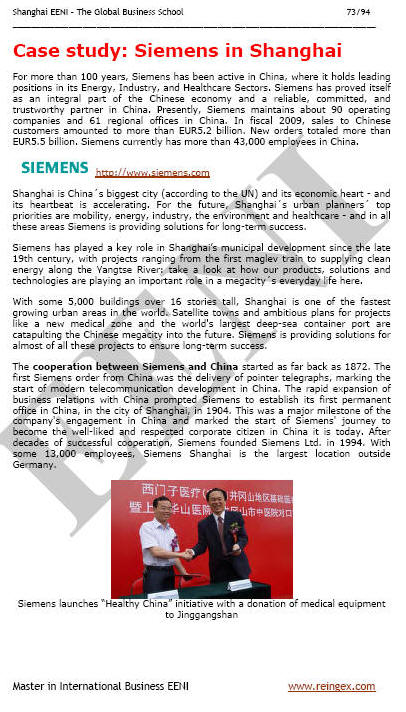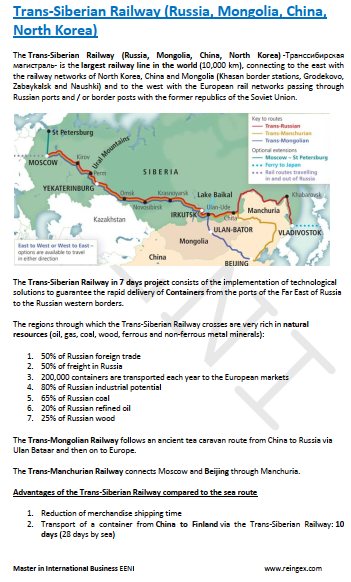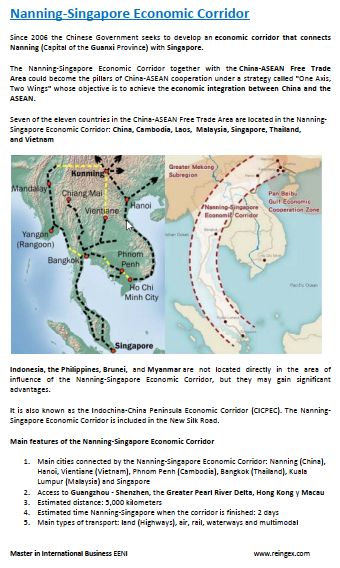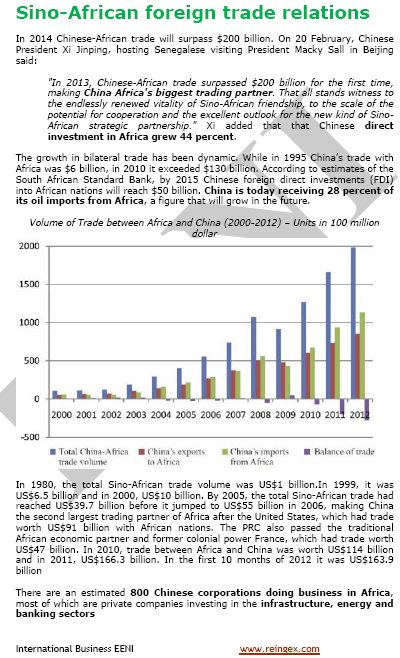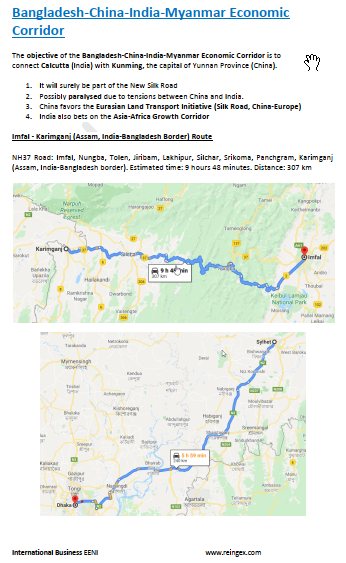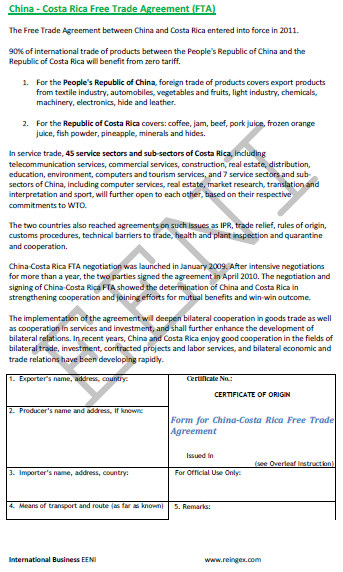Chinese Economy

Chinese Economy. International Trade of China
- Chinese economy: The world's factory
- Chinese Financial System
- Chinese Industry and Services
- Chinese Agriculture
- International Trade of China
- Buddhist, Confucian and Taoist Influence on China
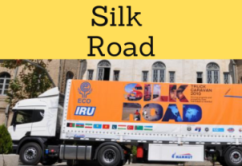
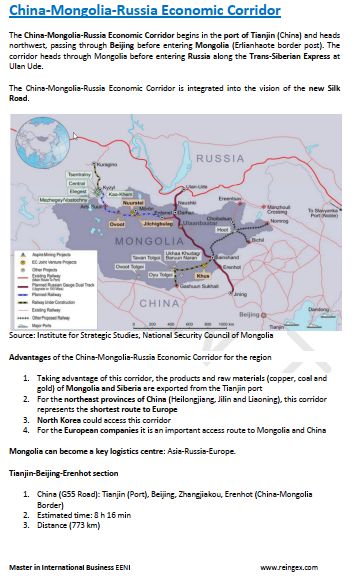


The Subject “Chinese Economy and Foreign Trade” belongs to the following Online Programs taught by EENI Global Business School:
Masters: International Business, Foreign Trade.
Course: Taoism, Confucianism & Business.
Languages:  or
or  China
China  China
China  China.
China.
- Credits of the Subject “The Chinese economy”: 1

- Duration: one week

Chinese economy.
- Chinese nominal GDP: 10,355,000 million dollars (the second in the world)
- Agriculture: 9.2% of the GDP
- Industry: 42%
- Services: 48.2%
- Chinese GDP (purchasing power parity): 17,632,000 million (the first in the world)
- Average economic growth: 9%
- Chinese Inflation: 2%
- Since 1996, the People's Republic of China has led the world in steel, coal, cement, farm-use chemical fertilizer and television production
- Of the Chinese companies ranking in the World's top 500, fifteen companies in the Mainland China were all state-owned
- The Small and medium-sized companies and non-public companies have become the main job creators of China (Asia)
- Private companies alone provided 50% of employment
- A socialist market economic system has now taken form in China, and the basic position played by the market has been improved in resource allocation
- The total number of billionaires in China has risen to the second place in the World, just behind the United States
- China has fundamentally created a financial system under the regulation and supervision of the Central Bank of China
- In 1990 China created stock exchanges in Shanghai and Shenzhen

Chinese Foreign Trade.
- Chinese exports of goods and services: 2,340,000 million dollars
- The main exported products from China are manufactured goods, machinery, electronic products, textiles, steel and iron, medical equipment
- The main Chinese export markets are the U.S. China, Hong Kong, Japan, South Korea
- Chinese goods and services imports: 1,960,000 million dollars
- The main products imported from China are fuels, minerals, plastics, chemicals
- The main suppliers of China are Korea, Japan, Taiwan, the U.S., Australia
- Almaty-Bishkek Corridor
